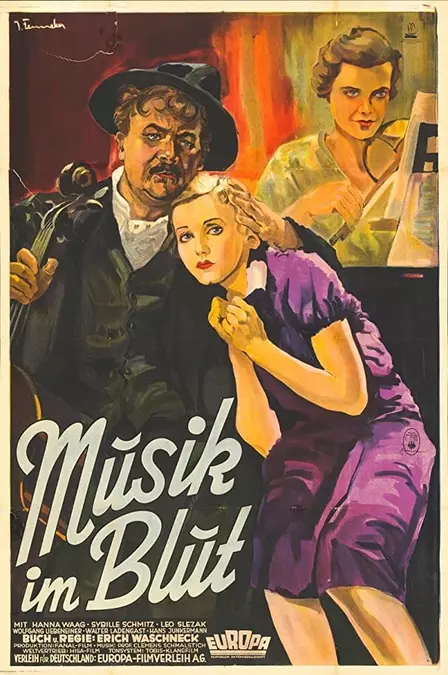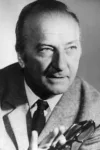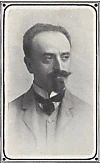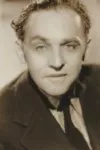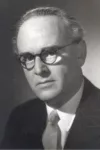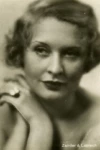The Congress Dances (1931)
September 29, 1931Release Date
The Congress Dances (1931)
September 29, 1931Release Date

Plot.
Where to Watch.
Cast & Crew.

Lilian Harvey
Christel Weinzinger
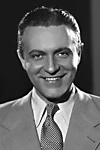
Willy Fritsch
Zar Alexander von Russland / Uralsky
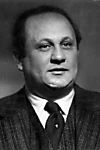
Otto Wallburg
Bibikoff, sein Adjutant
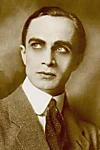
Conrad Veidt
Fürst Metternich

Carl-Heinz Schroth
Pepi, sein Sekretär
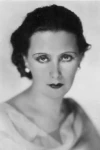
Lil Dagover
Komtesse
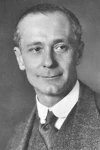
Alfred Abel
König von Sachsen
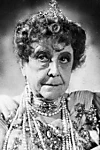
Adele Sandrock
Fürstin
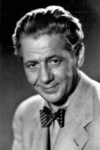
Paul Hörbiger
Heurigensänger
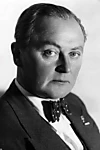
Eugen Rex
Sächsischer Gesandter

Alfred Gerasch
Französischer Gesandter
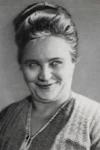
Margarete Kupfer
Gräfin
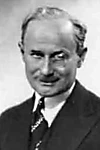
Julius Falkenstein
Finanzminister
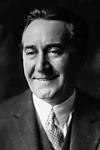
Max Gülstorff
Bürgermeister von Wien
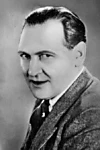
Ernst Stahl-Nachbaur
Napoleon

Sergius Sax
Russischer Diener
Media.
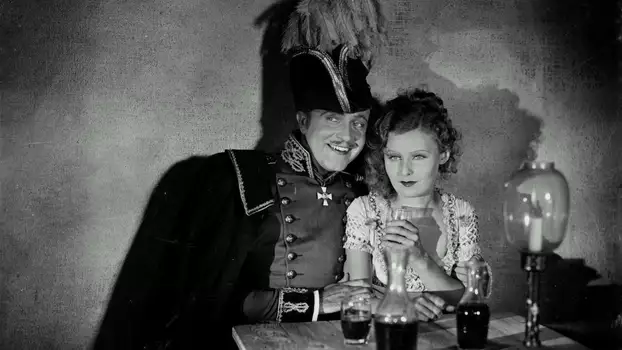

Details.
Release DateSeptember 29, 1931
Original NameDer Kongress tanzt
StatusReleased
Running Time1h 34m
Genres
Last updated:
This Movie Is About.
Wiki.
Der Kongress tanzt (English: The Congress Dances) is a German musical comedy film produced in 1931 by Ufa, directed by Erik Charell, starring Lilian Harvey as Christel Weinzinger, the glove seller, Willy Fritsch as Tsar Alexander I of Russia and his doppelgänger, Uralsky, Otto Wallburg as Bibikoff, his Adjutant, Conrad Veidt as Prince Metternich, Carl-Heinz Schroth as his Secretary, Pepi, Lil Dagover as the Countess and Alfred Abel as the King of Saxony.
Der Kongress tanzt is a particularly well achieved move in Ufa's attempt to challenge US supremacy in the European film arena, taking advantage of the introduction of sound. As such, the studio released the movie in three different language versions (MLV): in German, in French as Le congrès s'amuse, and English as Congress Dances. Lilian Harvey played in all three versions, as she spoke all languages; Henri Garat replaced Willy Fritsch for the French and English versions.
Ufa spared no efforts: the cast reads like a who's who of German film, from the top billers of the day to heavy-weight comedians - even the supporting cast is made out of stars. The sets were lavish and top talent made up the entire technical cast.
Despite the ambition and the auspicious beginning, Ufa's challenge to US supremacy never materialized, both due to the strength of the Hollywood majors and to the constraints Germany's creative film and performers would suffer from 1933 onwards.
"This truffle of cinema unfolds its flavours like a heavenly feast for the anonymous millions it is dedicated to." Lichtbild-Bühne.
You May Also Like.

The Price of Money: A Largo Winch Adventure (2024)

Kleks Academy (2024)

Run, Tiger Run! (2022)

Blackwater Lane (2024)

Profile (2018)
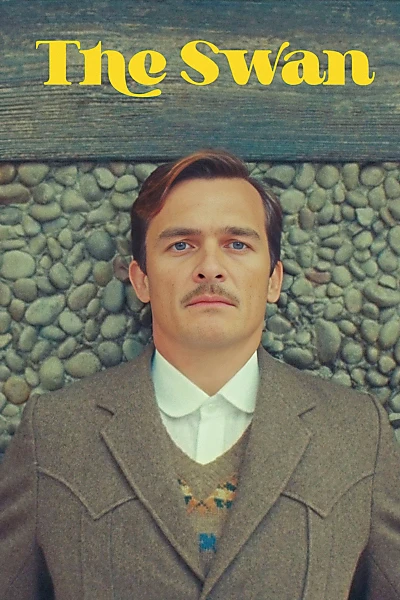
The Swan (2023)

Sunday's Illness (2018)
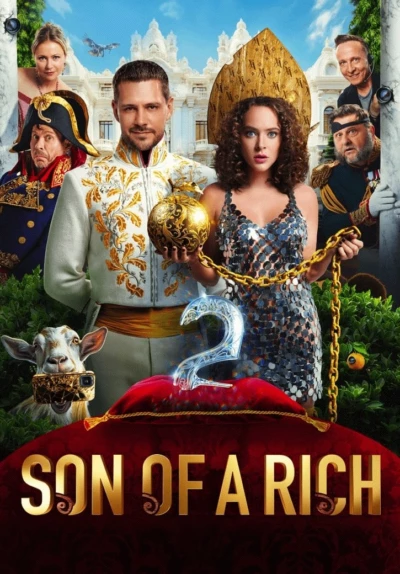
Son of a Rich 2 (2024)

Love Finds You in Charm (2015)

April, May and June (2019)
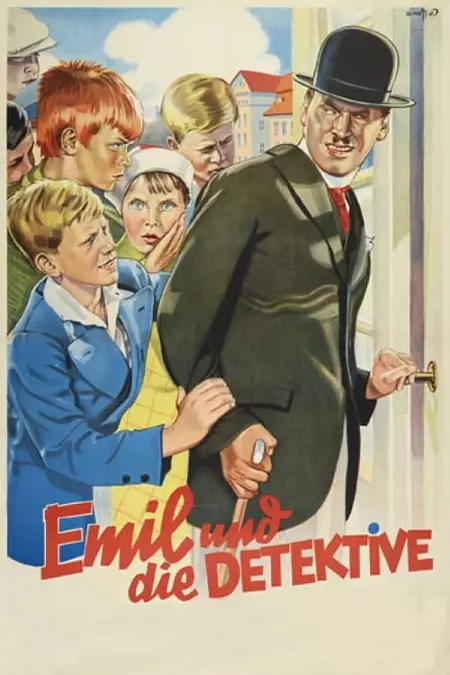
Emil and the Detectives (1931)

Mobile Suit SD Gundam (1988)

Mobile Suit SD Gundam Mk II (1989)

Robot Apocalypse (2021)

Test (2014)

Mobile Suit SD Gundam Mk IV (1990)

Men (2017)
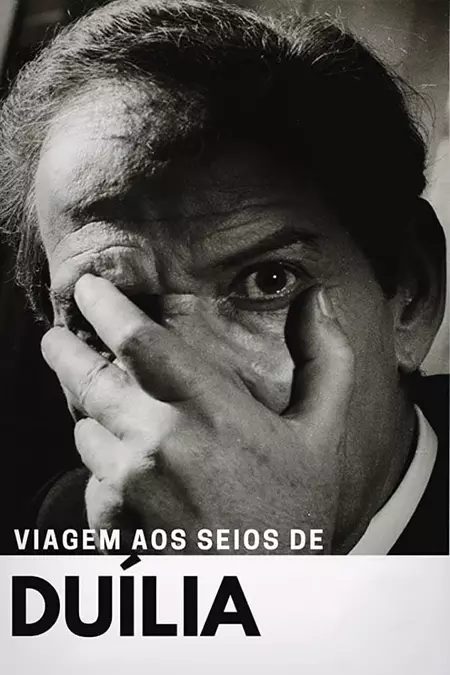
Journey to Duilia's Breasts (1965)
